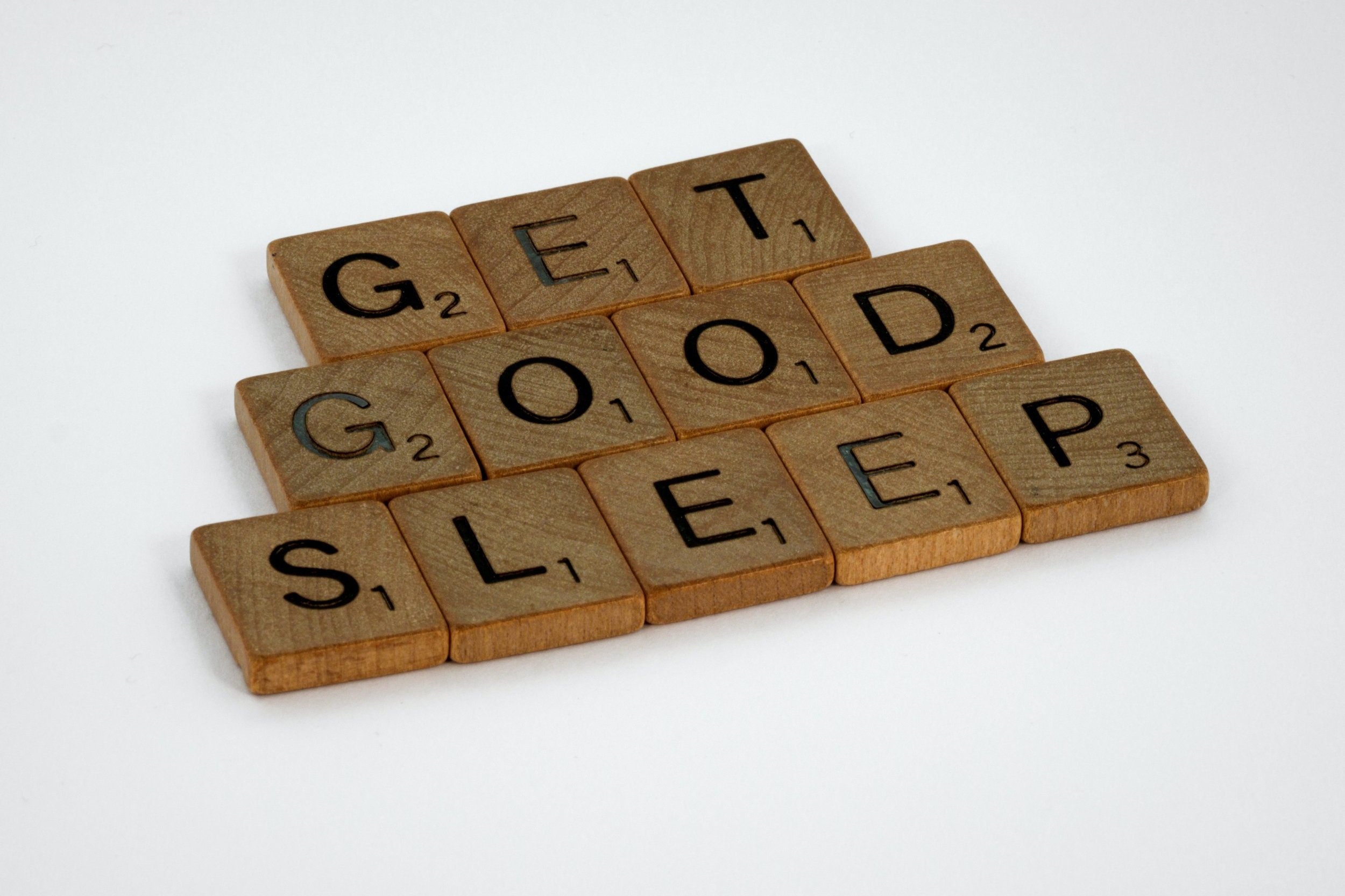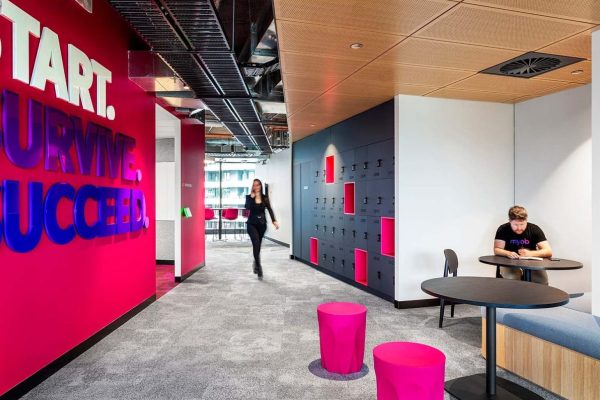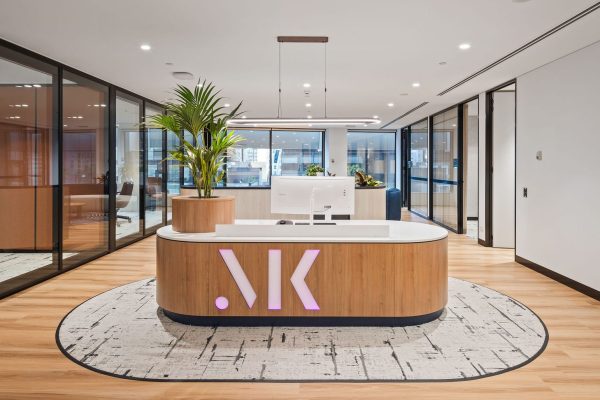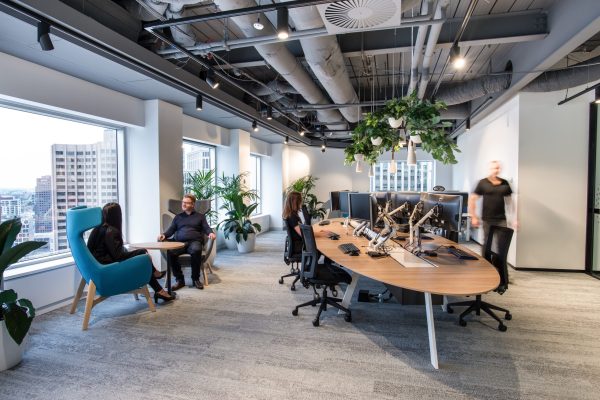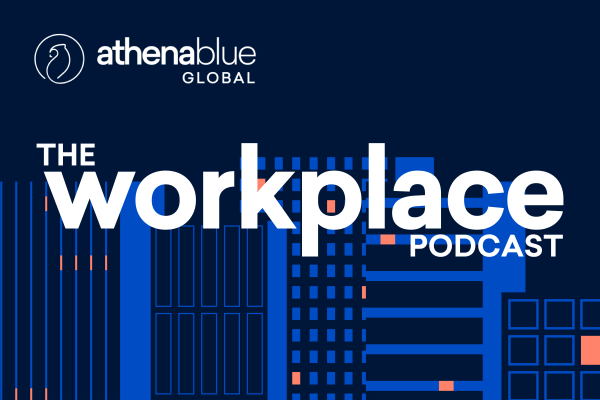What’s the relationship between sleep and health?
Recovery and restoration from our work is imperative to maintaining a healthy work-life balance. With many now working from home, employees show that it can sometimes be difficult to stay focused and perform at one hundred percent. While people are striving for productivity, it is important to be aware of the role that health – specifically sleep health – plays.
High quality sleep breaks throughout the workday and sufficient time away from the office is crucial to maintaining a positive mood and cognitive performance, both at work and during times of learning. Many of us experience long work hours across our careers, as well as added time pressures from our families at home. Sleep is normally one of the first things we compromise to get it all done. And yet, we are most productive and when we have had sufficient rest.
This lack of sleep and inability to disconnect from our work can result in an increase in cardiovascular and immunological reactions, a reduction in sleep quality, increase our risk of burnout, increase in the alcohol we consume, and lead to a poor diet. Not only that, but individuals can also suffer from an increase in anxiety and depression, impaired performance at work and an increased risk of accidents.
How can we improve our sleep quality from a design perspective?
Planning our offices with adequate access to natural light is so important to ensure our bodies experience the sun’s natural change in colour and intensity throughout the day. The sun shifts from yellow, through to blue and back again and our bodies are biologically attuned to this.
Another great way we can support this at home by using warm white globes in our lighting and turning down out lights after dinner to get ready for a restorative night’s sleep. Furthermore, when needed, we can also supplement the office lighting with a circadian lighting system. This is a wonderful technology that mimic’s the sun’s natural phenomenon when access to natural light is lacking.
How can we improve our sleep quality from a wellbeing perspective?
Organisationally, we have the opportunity to include a place for restoration at work, as well as policy around how to use the space. It’s also important to define healthy working hours and holidays with your employees to ensure your people are living their healthiest life and are well rested.
Restorative spaces may look like an acoustically separated room with a comfortable bed, a recliner chair or a nap pod. A short 30-minute nap throughout the day can increase creativity and alertness which make good business sense!
Also, having strong guidelines around working hours, limiting the timeframe when work communication is to take place (we’ve all written that 6am email and it’s not healthy), and mandating adequate holidays with no access to work emails or correspondence is critical to supporting your employee’s health, wellbeing and recovery.
These targeted interventions can help support you to achieve sufficient and high-quality sleep so that you can do your best work and provide sustained relief from your daily stressors.
At Athena Blue Global, we help organisations shape their best places to work. If you would like to learn more about how we can help you define your future way of working or make sense of your workplace needs, please get in touch with us here.

